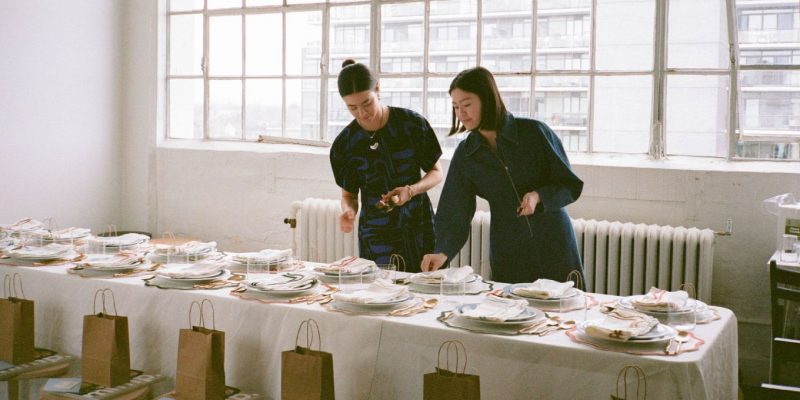Society
Child-Free by Choice
As more people turn down parenthood, Caitlin Stall-Paquet looks at the biological, psychological and societal reasons behind our desire to—or not to—procreate.
by : Caitlin Stall-Paquet- Aug 23rd, 2023
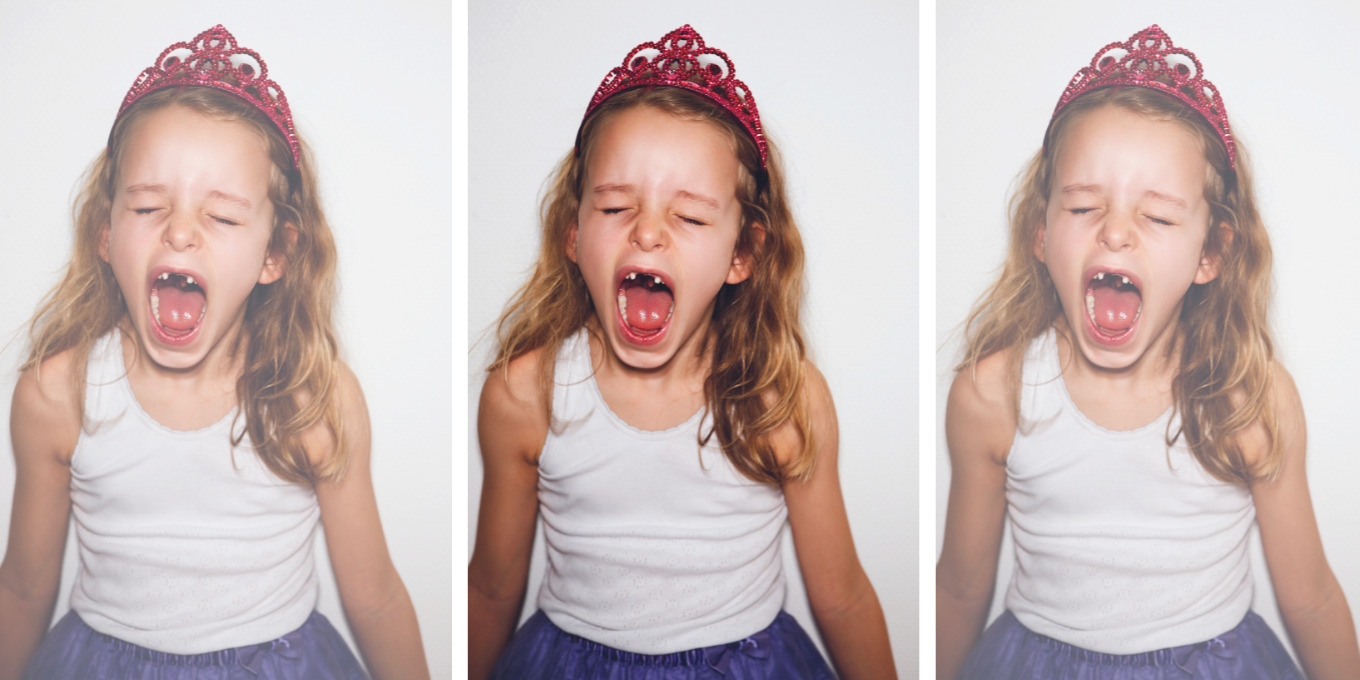
PHOTOGRAPHY, GETTY
At a party last year, a friend 10 years my junior told me that every time she ovulated, she almost had to physically restrain herself from trying to get pregnant. As someone who would prefer to cradle their cat—or maybe even a watermelon, for that matter—I was fascinated. To me, that reproductive urge is so alien, I might as well be from another planet. The thought of motherhood almost makes me physically queasy. Questioning my lack of baby pangs, I took a deep dive into what we actually know about baby fever, what a child-free life really looks like and how much of our lives are controlled by wound-up biological clocks that tick for round baby faces and pudgy Michelin Man arms. The answer? It’s complicated.
For starters, the so-called “biological clock” notion we’ve been fed for so long as a social and psychological procreation time limit is fake. Originally developed in the 1920s to explain circadian rhythms, the concept was first forced onto our uteruses in the 1970s in a Washington Post column written by a man (no surprises there). Rather than give us scientific insight, the idea mostly made—and still makes—baby-wanting women feel like they have an expiration date. The timing was no coincidence—the linguistic shift popped up amid the backlash to liberated women thriving in new careers and widely using birth control like the pill or IUDs. So, something that many of us interpreted as a biological reality was, rather, a fear-inducing metaphor that was useful for keeping women from straying too far from the roost.
Many might react to this explanation with a resounding “What about the baby-shaped hole in my heart?” Gynecologist Mary Jane Minkin of the Yale School of Medicine told me that there is actually no formal data to support the notion that we have a hormonal urge to reproduce and the evidence we do have suggests that a good part of baby fever is in fact psychological. This isn’t to say that my friend’s deep ache to hold a loaflike being isn’t real. Studies show that all sexes have hormonal reactions to the sight of cute baby faces. However, there’s very little research into the science of baby fever. The information we have is mainly self-reported, confirming that it does exist—and not much more.
What we do know is that we now live much of our early adulthood—a period when our ancestors were wrangling gaggles of— without kids. Though social timelines have shifted, the procreation precedent is still held up through use-it-or-lose-it fertility messaging, baby-crazed celebrity media and endless reels of mommy influencers. This parental pressure cooker might be enough to trigger hormone responses and get baby fever rising, but it can also be mitigated by individual lived experience. Did I find my nieces’ and nephews’ squishy baby faces painfully cute? Of course. Could I resist squeezing them? Of course not. Did being the youngest child and seeing the lives of older siblings get turned upside down by parenthood influence my anxiety-laced thanks-but-no-thanks outlook? It probably didn’t hurt.
My research also revealed that I’m far from alone, with folks increasingly describing themselves as “child-free”—that is, never wanting kids regardless of their fertility. Online spaces dedicated to the subject—like the We Are Childfree Instagram group, which has more than 40K Instagram followers, and r/childfree, one of Reddit’s fastest-growing communities at 1.5 million members—are multiplying faster than we are. Struck by a lack of clear data about this ballooning group, Jennifer Neal, a psychologist at Michigan State University, set out to learn more. She was surprised when her studies revealed that one in five respondents in her state identify as child-free. On this side of the border, a 2023 Statistics Canada report states that more than a third of 15- to 49-year-olds are opting not to have kids—largely because of rising living costs.
As birth rates decline in many East Asian, European and North American countries, the backlash against child-freeness is amping up too, like a reproduction-themed flashback to the 1970s. High-profile personalities, including tech billionaire Elon Musk and world leaders like Hungarian prime minister Viktor Orbán, are championing a cultish, eugenics-tinged pronatalist movement, which is helmed by people like Simone and Malcolm Collins, who created pronatalist.org and are currently parents to three of the eight children they plan to bring into the world. People in this movement claim that we need to procreate to avoid civilization collapse, but demographers staunchly disagree with them. (The Tesla founder puts his money where his mouth is, having fathered 10 known children of his own.)
Neal is also on a mission to draw a clearer line between the definitions of “child-free” and “childless.” Much like the feelings their suffixes inspire, these two terms have a world of difference between them. Since immersing herself in this subject, Emma Duval, who created The Child-Free Museum website and is researching and writing a book on the topic, has learned sensitivity toward the not-by-choice community. “Child-free and childless women have almost nothing in common except the fact that they don’t have children,” she says.
As the child-free become a bigger part of the population in many countries, we need to have better representation in our communities. Although Neal found no reported difference in overall life satisfaction between parents and child-free people, her data does show that the latter do express less neighbourhood satisfaction, since these are often built around families, with kids acting as a social glue. “At a certain point in people’s lives, once they become parents, that’s how they’re meeting new people in the neighbourhood and that’s how they’re socializing,” says Neal. “When policy-makers think about how to design neighbourhoods, they often deprioritize child free people compared to other groups,” she continues, explaining that things like parks and child-focused facilities will get top billing over factors like walkability or nightlife.
Using a thermometer-rating scale of zero to 100, Neal’s research shows that child-free people experience very little difference in the warmth they feel toward other child-free people and the warmth they feel toward parents, but the inverse isn’t true. “Parents aren’t necessarily cold toward child-free people, but they’re very warm toward other parents,” says Neal. Her data also disproves a common trope that child-free people are going to regret not having kids.
“As their visibility increases, the child-free are realizing that they’re far from alone or broken and they Don’t owe parents or in-laws a next generation.”
Although women celebrating not being mothers is garnering attention, Duval notes that we’re not reinventing the wheel. As a teen growing up in a religious French family, she considered becoming a nun just to avoid parenthood, a choice she now realizes was considered by many before her. Though women are still often told to “just wait” when they say they don’t want children, the feeling goes back millennia and was even documented in the 17th-century texts of Gabrielle Suchon. The early feminist French philosopher outlined a third choice beyond the marriage-and-motherhood combo or the convent: an intellectual life filled with personal fulfillment, something that had been branded as unfeminine and reserved for men. Parenthood’s persistently sexist divide is visible in studies focusing on men too, as scientists use language like “leaving behind a legacy” and “weighing fatherhood as a frightening commitment.”
As their visibility increases, the child-free are realizing that they’re far from alone or broken and they don’t owe parents or in-laws a next generation. “I’ve always heard my mom say that she just wanted to be a mom, but I didn’t realize that wanting to not be a mom could be just as valid,” says Duval. When I ask about favourite quotes she gleaned through her book research, she brings up Florence King, who published Confessions of a Failed Southern Lady in 1985. The author wrote: “The idea of having children so they could have children so they could have children frightened me. It seemed so pointless.” Duval likes the sentence for its anti-nihilism and that it speaks to self value, interrogating our world and celebrating life rather than acting out of socially induced fear.
What is based in fear are responses to our choice when all we are doing is listening to what calls to us loudly. Maybe people fear looking at the ugliness that underlies cries about declining birth rates in countries with strict immigration policies as the global population explodes. Maybe parents fear us questioning their choices. It goes without saying that we’re not trying to change anyone’s mind; we just want others to stop trying to change ours. We can meet in the middle more often and keep making those community connections—whether Goldfish crackers and runny noses are involved or not.
Newsletter
Join our mailing list for the latest and biggest in fashion trends, beauty, culture and celebrity.
Read Next
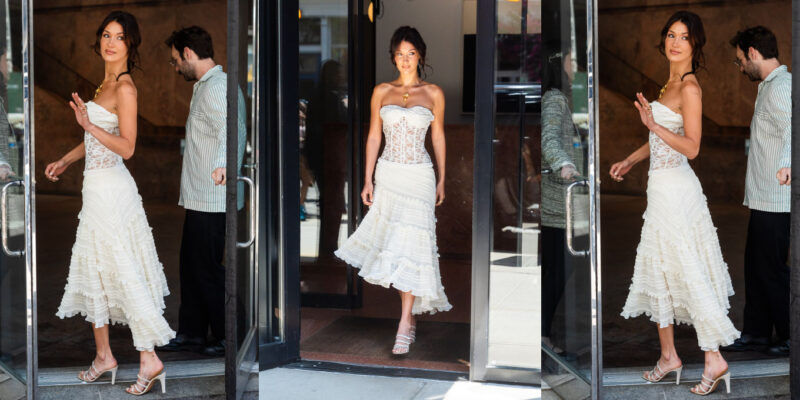
Fashion
Bella Hadid Glows in a Strapless Lace Dress With a Sheer Corseted Bodice
Hadid was also seen that same day promoting her new fragrance brand ‘Ôrebella.
by : Briannah Rivera- May 3rd, 2024
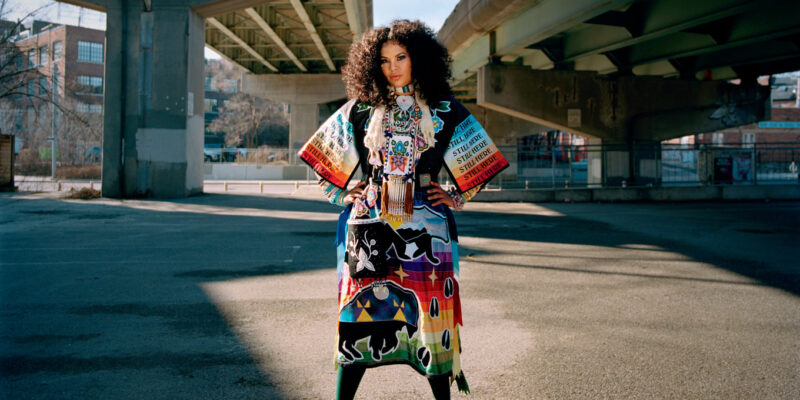
Fashion
This Year’s Indigenous Fashion Arts Festival Is Sure to Impress
"Creating an opportunity for us to work collectively—prioritizing language and tradition—is of the utmost importance. Our similarities are inspired and shaped by the legacies left to us by our ancestors.”
by : Kelly Boutsalis- May 3rd, 2024
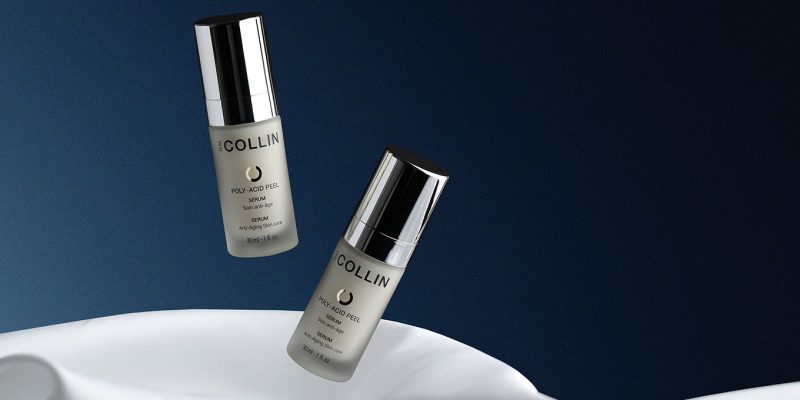
Beauty
This Exfoliating Serum Creates a ‘‘New Skin’’ Effect
Say hello to smooth, radiant skin.
by : ELLECanada.com- May 2nd, 2024



